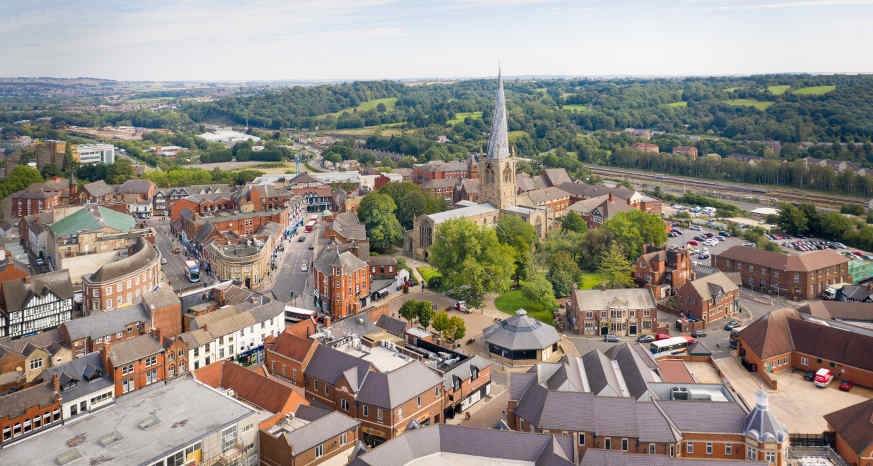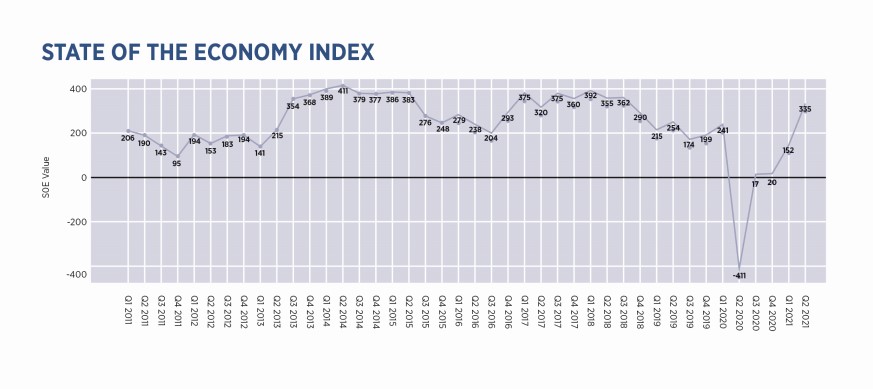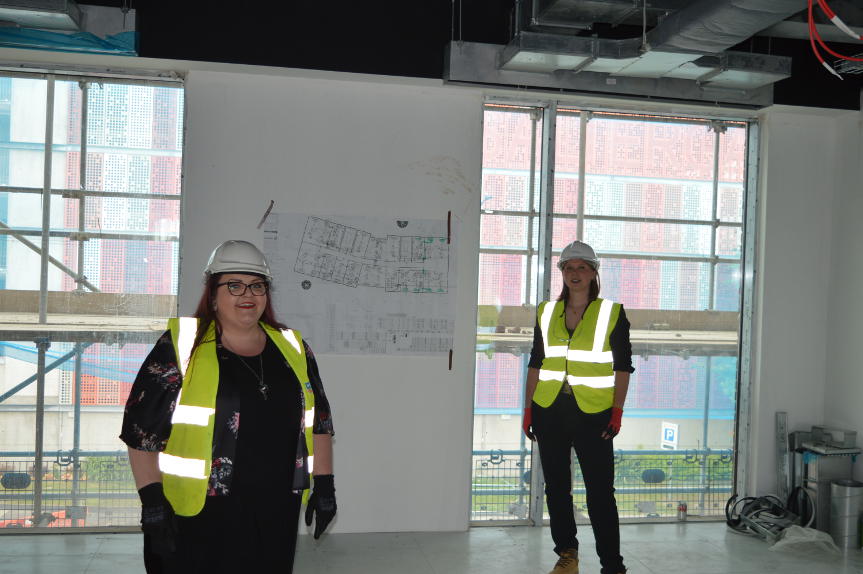HS2 is about “much more than a new railway” and should be viewed as a catalyst for levelling up, according to chief executives at the four largest Chambers of Commerce along the route – as they urged the Prime Minister to deliver the project in full.
Scott Knowles at East Midlands Chamber, Henrietta Brealey at Greater Birmingham Chambers of Commerce, Clive Memmott OBE at Greater Manchester Chamber of Commerce, and Sandy Needham DL at West and North Yorkshire Chamber of Commerce – whose organisations represent more than 14,000 businesses combined – claimed the high-speed rail project “remains fundamentally misunderstood” as only a transport investment.
In a joint letter to Boris Johnson, they said HS2 would bring strong economic growth to each of their areas and called for the “speedy confirmation” of its delivery in full and as planned.
A final sign-off on how and when the project will be delivered has been delayed on several occasions and is now expected in the Autumn.
In the letter, the Chambers of Commerce leaders say: “We believe that HS2 remains fundamentally misunderstood.
“In many quarters, it is still viewed as being purely a rail investment project sitting within the Department for Transport.
“The various reviews done to date – and in which we have wholeheartedly participated – have approached it almost universally as being solely about transport investment, judging it through this singular lens with regards to cost/benefit analysis.
“Such an understanding of HS2 is hopelessly flawed. While even with this narrow focus the project still more than stands up to scrutiny given capacity constraints, connection shortfalls and the need to upgrade transport to green, clean alternatives, we cannot emphasise enough how HS2 is about much, much more than a new railway.”
The letter points out how each of the regions where HS2 will pass through have developed local plans for growth that have centred around the opportunities it will bring.
Not only do they consider the immediate vicinity of the stations, but also further afield through enhanced local connectivity, “often in areas that have faced chronic underinvestment over a number of years”.
“This growth is about new business investment, house building, place regeneration, high-skilled job creation, innovation, green technologies and more,” the leaders add.
“Indeed, we are already seeing these plans start to come to fruition across Birmingham, where the certainty of the first phase of HS2 has already spurred private sector investment and development.
“Without the development of HS2 as promised, these plans will be critically undermined, and any delivery that does happen will certainly not be of the magnitude aspired to.”
Rather than just being viewed as a transport project, the four chief executives believe it should be regarded as a “levelling up game changer” and an opportunity to rebalance the UK’s economy.
While much of the conversation around the project since its launch a decade ago has focused on cutting journey times to London, they argue it goes much further.
They add: “It is a comprehensive transformation programme that will change the way as a country we approach innovation, environmental commitments, skills development, modern methods of construction and more – not to mention our broader understanding of the ways in which we live, learn and work.
“Ultimately this is about the most ambitious investment made by this country in living memory and its returns will be realised across multiple facets of our economy for generations to come.”
Although the Prime Minister has previously provided assurances that HS2 would be delivered in full, other ministers and Government officials have more recently suggested this may not happen.
The Chambers of Commerce leaders round off the letter by reiterating their belief that “anything other than the full development of the new HS2 line on the scale and scope intended will fall short of what is needed”.
They add: “We believe that any such decision would, in time, come to be viewed as a significant missed opportunity for the UK to demonstrate itself as the ambitious, future-thinking, world-leading country we know ourselves to be.
“In the immediate term, it would send the wrong signal to investors at home and abroad as the economy recovers from the impact of the pandemic.
“Beyond this, it would stunt our possibilities for future development, hamstringing our longer-term growth ambitions.”












